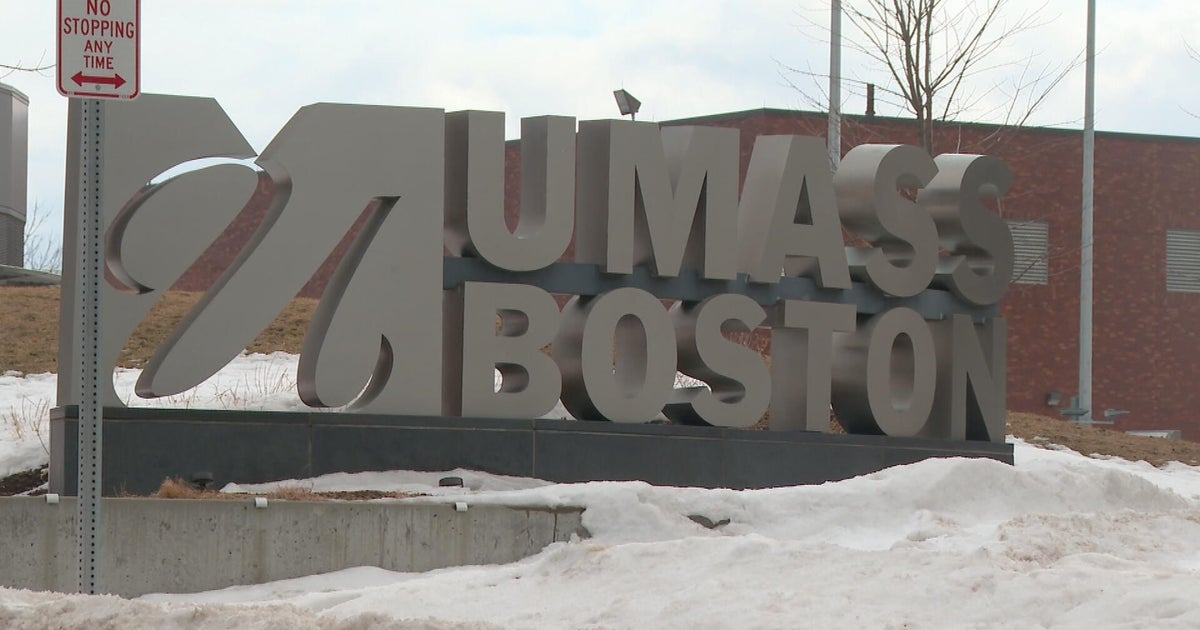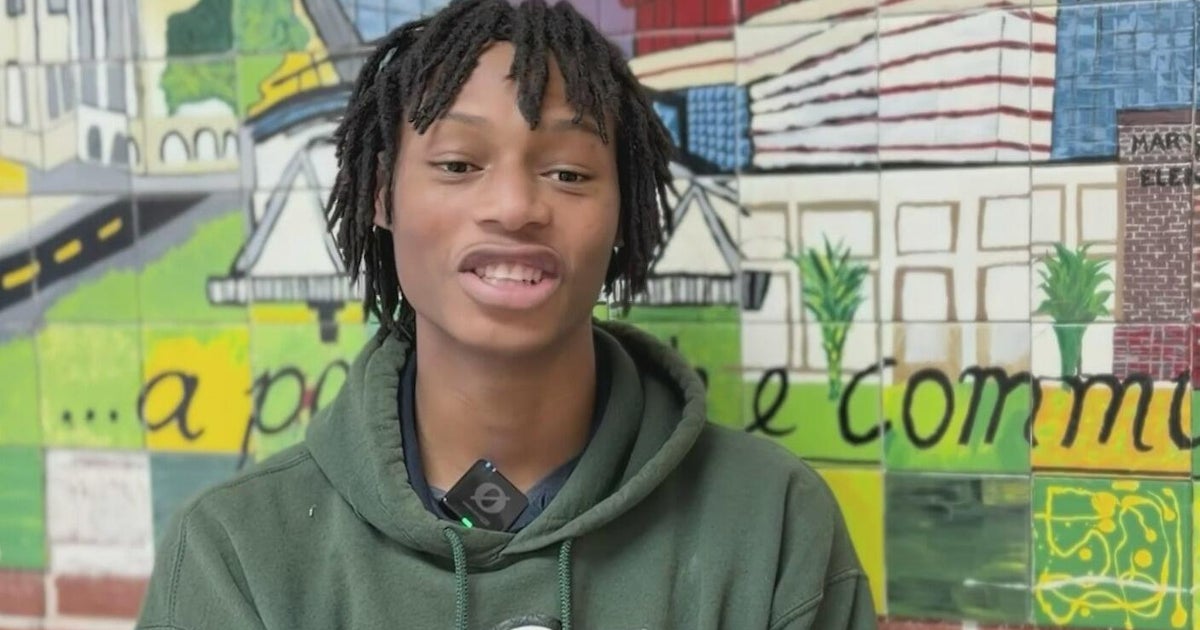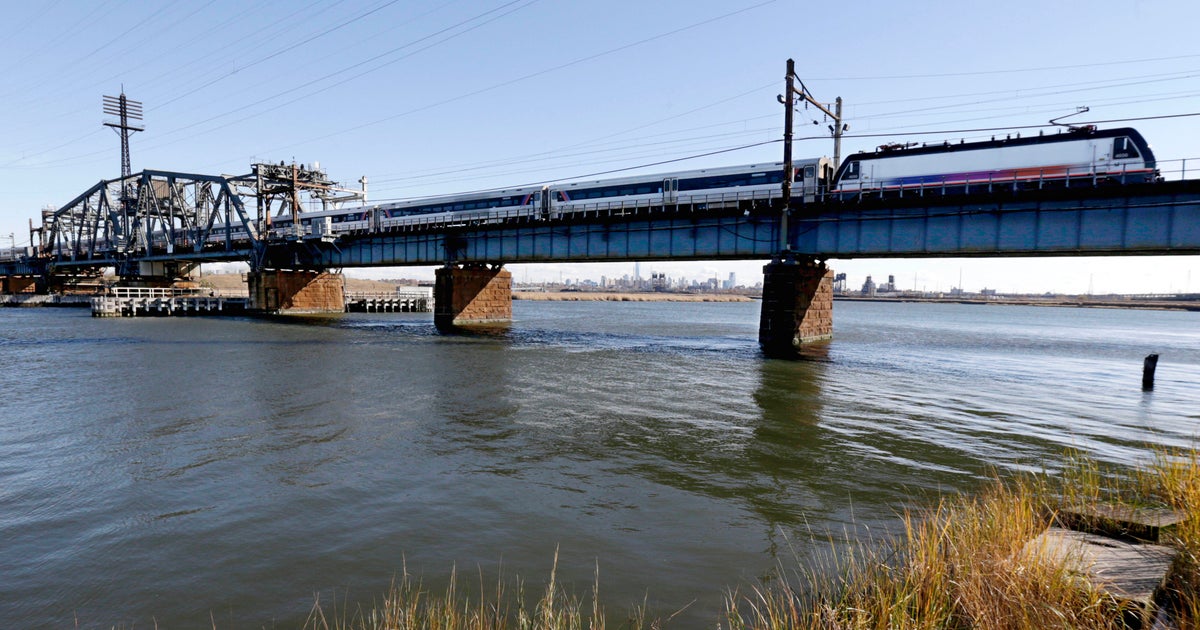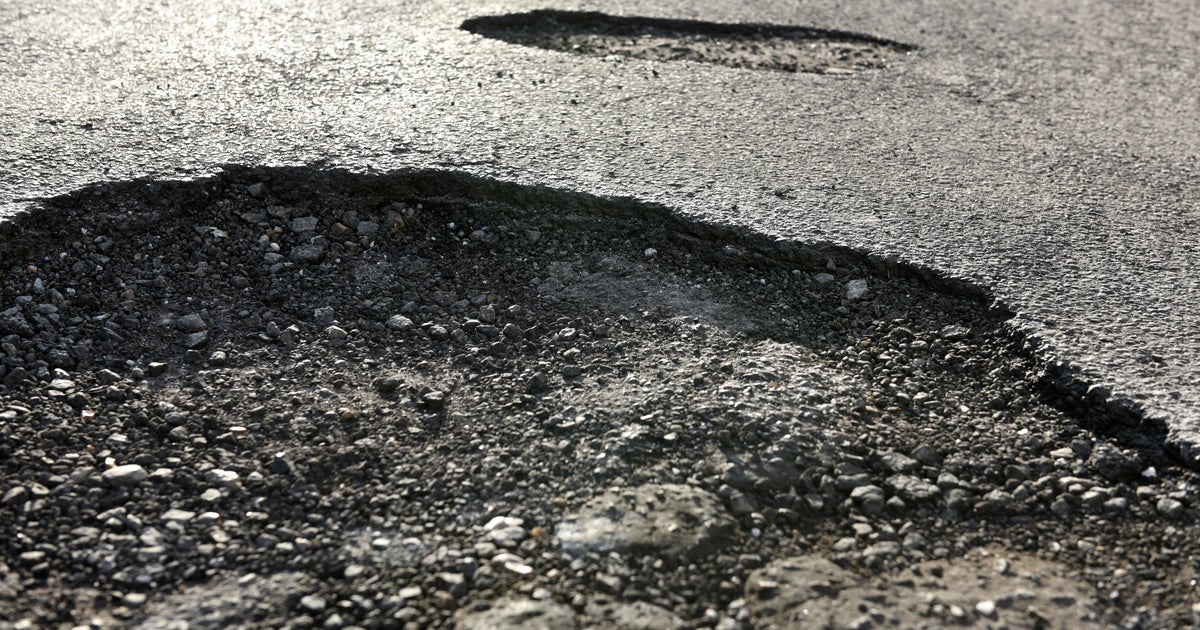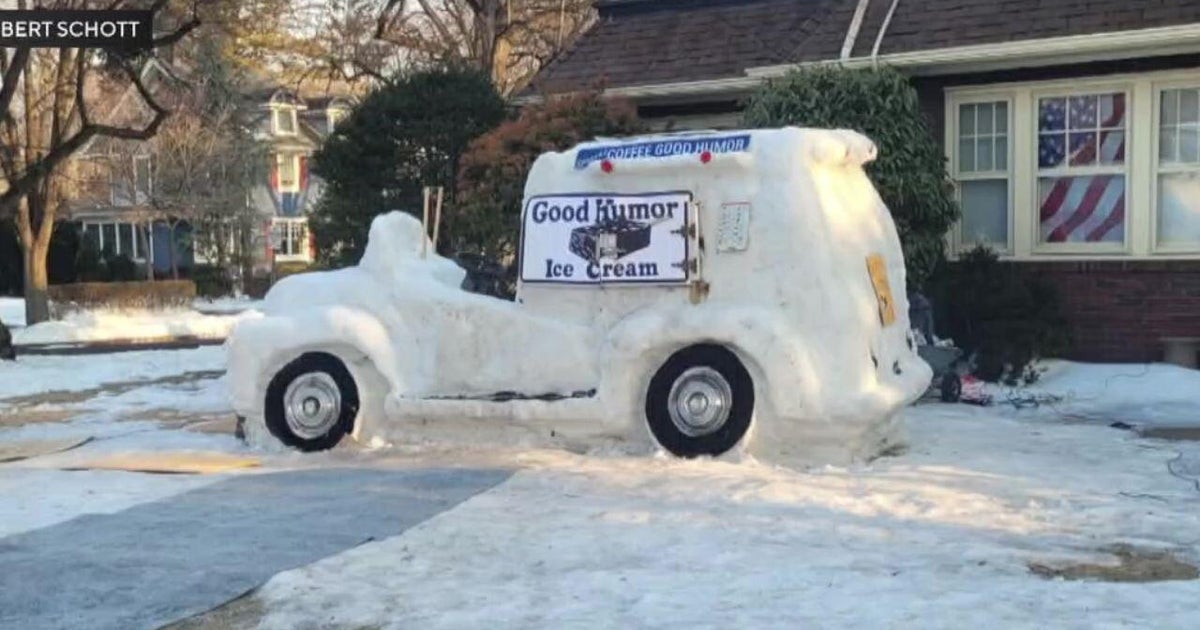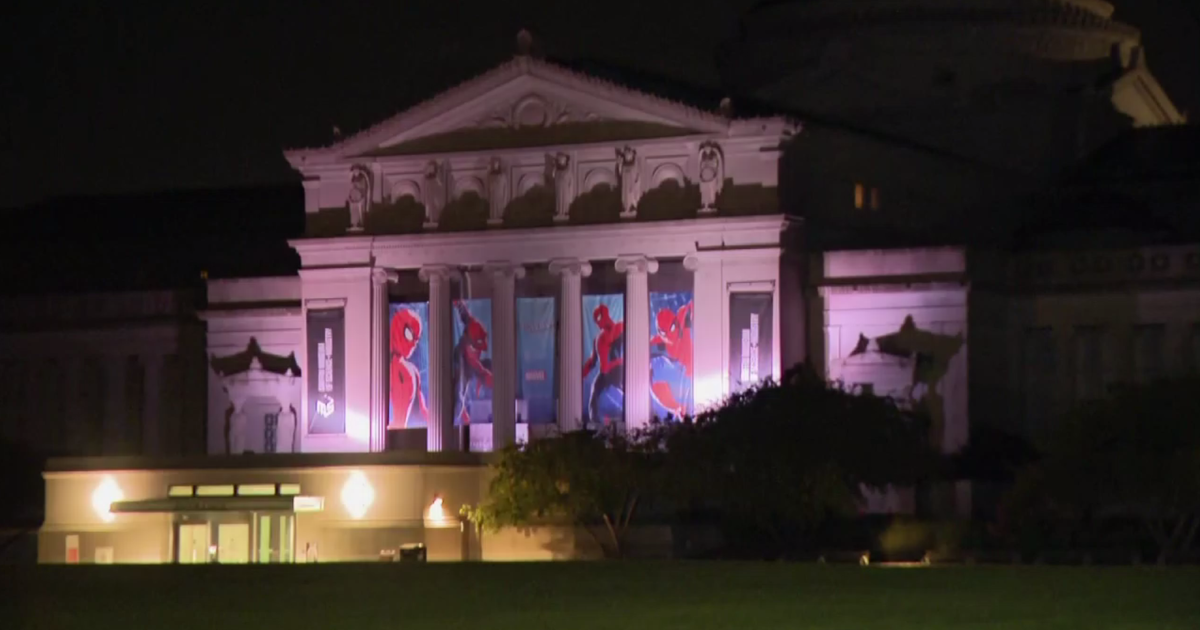New Jersey is first state to incorporate mandatory climate curriculum
WHITEHOUSE STATION, N.J. - Whether in kindergarten, middle, or high school, climate change curriculum in New Jersey schools is tailored with students in mind.
Sixth, seventh, and eighth grade eco-ambassadors at Readington Middle School are getting their hands dirty.
Students are currently growing plants in an aeroponic tower before transferring them to soil.
"We have nutrient-rich water that comes through the tube, which is time set, which is released into plants that would be in these little pockets here. And all that runoff which would, at a normal farm, possibly go into a river and pollute it, all of it goes right back down here to be reused again," seventh grader Pearce Lowden said.
"The roots got so thick they actually burst through the pot and now we can't remove it, so it'll stay with the pot" sixth grader Margery Spivey said.
Mandatory climate change curriculum in New Jersey is the first in the U.S. The climate initiative is spearheaded by the state's first lady, Tammy Murphy.
But some schools, like those in the Readington School District, are ahead of the curve and have had sustainability as a top priority for some time.
"When kids are able to speak to their passions, they really dig in and are really compassionate about what they do," Readington Middle School Principal Timothy Charleston said.
"We're trying to help our climate and make it more sustainable," said eighth grader Myia Senz.
The students have been working hard to live more sustainably. Last spring and fall, they researched the amount of food that went to waste in their school's cafeteria.
"Per the 525 students in this school last year, that's 25,100 pounds per year. So that adds up to 10.75 tons of school lunch waste per year. And that's just school lunch," Eighth grader Callum Suggitt said.
Suggitt said they're now using that newly obtained information to make a change. But in order to do that, they need help from their peers.
"We're looking to do an educational campaign with posters in the hallway. It ties into the art again. We want to have art in the hallways so people are constantly getting it in their head that they need to cut back. They need to reduce," Suggitt said.
Some may not know the purpose of the shallow vegetated depression outside their school, also known as a bioswale. But these students did their research.
"It's a great way to stop from flooding and severe rains," Senz said.
With miles of coastline along the Garden State, severe weather has had a vastly negative impact in recent years.
Close attention is also being paid to trees on campus. They realized an unhealthy tree that had to be chopped down.
"It was infected with a disease, and we didn't want it to spread to the Salem oak that we planted," eighth grader Bryan Caballero Aparicio said.
The newly budding Salem oak tree is currently protected by a small barrier.
"It's super important for us to maintain and protect the Salem oak tree because it does a great job of sequestering the CO2 emissions," said eighth grader Marcos Hernandez.
"Thirty years from now, we'll be looking at this great tree with a canopy that provides all of those things," teacher Betsy Freeman said.
All of this knowledge started in the classroom, studying the health of trees with closeup views of tree rings.
"Maybe a tree like this would be growing with less water, seeing as how small the rings are. But a tree like this grew with a lot of water and had better weather conditions for survival," sixth grader Keira Wilson said.
Following the 17 sustainable development goals, and cutting back on waste, seventh grader Nicholas "Indy" Saini is already thinking about a future in the culinary arts. He's currently growing vegetables in the classroom.
"I'm going to try and make it nutrient-dense as well as calorie-dense, and also cheap," Saini said.
Tammy Murphy says students can take their curriculum and skyrocket into any career.
"Transportation, clothing, food, art - everything we do is going to be impacted by climate change," Murphy said.
Murphy says New Jersey will be 100% green by 2035. Right now, it's up to each school district to decide how they roll out standards and core curriculum. She believes this could be a blueprint for other states.
"Everything we have done so far we will make it available to anyone who would like to have access. We've had outreach from other states including Oregon, Wyoming, Colorado, Massachusetts, Pennsylvania to name a few, as well as far away as Australia," Murphy said.

